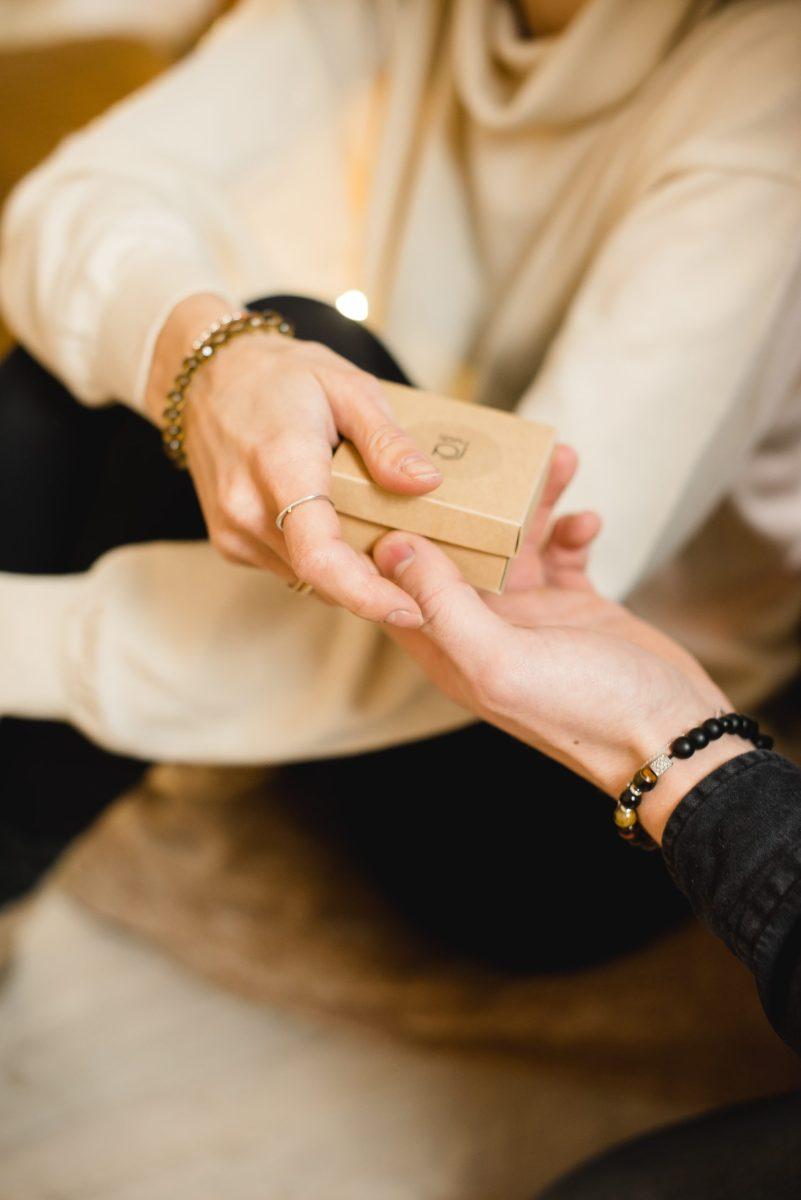As a long-time retail worker, I am intimately familiar with the gift-purchasing process. It is my responsibility to help customers find the best gift without totally overshooting their budget. However, this also means I have a front-row seat to how we often have to buy gifts for those we don’t really know, or those we love but don’t know what to get. In response to their own apprehension, I assure customers that the recipient can always use the gift receipt.
I can’t help but wonder, why go to all the trouble if often, those we buy gifts for will accept them with feigned excitement. Why not give cash instead?
This is the argument first made by economic Professor Joel Waldfogel, who posits that gift-giving often results in deadweight loss. Since recipients often value gifts at a lower economic value than their purchase value, that difference is money wasted. By giving cash, we avoid these lost values and allow recipients to exercise greater choice. Additionally, cash gifts are frequently appropriate in many other gift settings such as weddings or birthday parties.
The reason is as the saying goes: cash is cold. Giving cash often feels impersonal and rude, as it insinuates that you are not close enough to an individual for them to warrant the effort it takes to select a meaningful gift. One solution to this problem is to give deep and emotionally meaningful gifts that are personal, but often focus more on time rather than monetary investment. These gifts, like a personalized mix-tape or a hand-made board game, require us to sacrifice our time and effort, but not necessarily our wallets. By creating personal gifts, one can escape the problem of deadweight loss while continuing to express gratitude and love towards the recipient.
However, we once again return to a significant source of stress around the holiday season: the pure volume of gifts. This holiday season I already plan to participate in four gift exchanges. While personal gifts are great, they also require significant effort that is often impossible to replicate on a large scale. Although this problem is likely more indicative of societal evaluations of work-life balance, it is nonetheless the predicament of the average overbooked gift-giver. Additionally, there is arguably social stigma around giving such a personalized gift. The giving of handmade gifts can result in the gifter being perceived as frugal or stingy.
So where does this leave the well-intentioned gift-giver? Returning once more to my retail script, one of the first questions any good sales associate asks is: who are you shopping for? Understanding the expectations of who you are gifting for is critical to understanding what kind of gift to give. Sometimes this is as simple as clearly defined terms of a gift exchange; this includes whether gifts should be homemade or what the budget should be. If you know a person is saving for a big purchase or for a special occasion, sometimes giving cash in acknowledgment of that can be just as personal as a new piece of tech or the latest styles. Other times gift giving asks us to evaluate the state of our relationship: why is the best gift you can think of for your mom a robe? Cash shouldn’t be used as a cop-out. Giving good meaningful gifts not only allows us the opportunity to express the care we have for each other but also to learn more about the interests and desires of those we care about.




